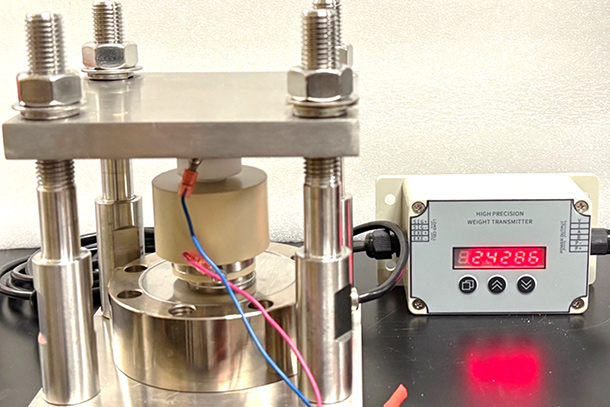Autonomous Vehicle Legislation Draws Concern
Autonomous Vehicle Legislation Draws Concern
As companies like Uber and Google attempt to push forward with testing Autonomous Vehicle technologies, five Democratic Senators have stated in a letter to the Senate Committee on Commerce, Science and Transportation leadership this week that they would like to see changes made to the AV START Act. The bill, introduced by the Senate Commerce, Science and Transportation Committee, proposes a national framework to regulate autonomous cars and trucks under 10,000lbs.
In their letter, the five Senators—Senators Tom Udall (D-NM), Kirsten Gillibrand (D-NY), Dianne Feinstein (D-CA), Edward Markey (D-MA) and Richard Blumenthal (D-CT)—express several concerns about the bill. They believe autonomous vehicles are still a relatively new technological milestone, meaning there are still many unknowns, including a lack of federal safety standards. As it currently stands, the bill preempts state and local authorities from developing regulations on factors such as performance, safety and construction of Autonomous Vehicles, deferring all regulating authority to the federal government. The Senators explain that they are aware that it will take time for this new technology to develop to a stage where federal regulations can be drafted. In their letter, they request a sunset provision to protect against the possibility federal standards are never drafted. They note, “Placing a sunset on this interim preemption provision would encourage collaboration with federal regulators and maintain a firm timetable for new safety standards, which will have their own preemptive effect.”
The Senators also note that Autonomous Vehicle exemptions should be temporary and applied to companies, rather than to a specific model or level of autonomy. Additional concerns listed in the letter include cybersecurity and customer safety, as well as the future deployment of autonomous vehicles. A concern that was abruptly brought into perspective earlier this week when a pedestrian was hit by an Autonomous Vehicle in Arizona. As technology will only grow more sophisticated, the senators urge that all vehicles be subject to safety evaluation reports to ensure any flaws are noted at the beginning of the regulatory process.
Despite these concerns, other members expressed confidence in the bill, with Senate Commerce Committee Chairman John Thune (R-SD) reporting that he expected the bill to get up to 80 votes on the floor, should it get to that point.
To view the full letter, visit: http://src.bna.com/w4q



